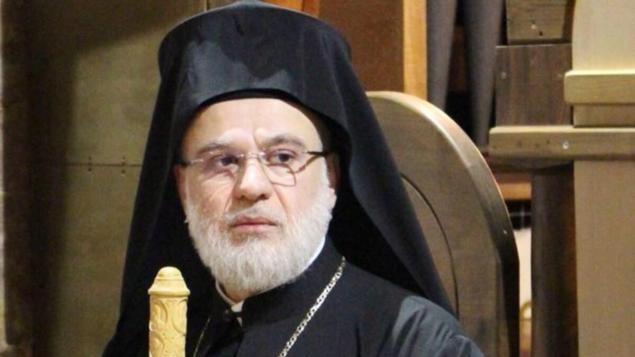
Ukraine has no freight locomotive production: MP Kysylevskyi comments on Ukrzaliznytsia-Wabtec contract
04.19.2024 | 08:37 ნახვები: 131
The relevant statement was made by Member of the Ukrainian Parliament, Deputy Chairman of the Verkhovna Rada Committee on Economic Development Dmytro Kysylevskyi in a commentary to Ukrinform, while speaking of Ukrzaliznytsia’s recent contract to acquire 40 Wabtec diesel locomotives.
“Indeed, Ukraine does not make freight locomotives today. Obviously, if needed, we have to buy them abroad. At the same time, we have a fully-fledged transport engineering sector, and there are many manufacturers of various component parts used in a finished locomotive. Generally, Ukraine’s manufacturing industry can provide a local content in locomotive production at 55%, as of today,” Kysylevskyi told.
In his words, with the available development plan, this indicator could have gone even higher. Potentially, Ukraine would be able to start its own production of locomotives.
According to Kysylevskyi, Ukrainian producers, mainly private entities but also several state-owned enterprises, export their products to the global rolling stock manufacturers.
“Hence, our companies can not only theoretically produce locomotive component parts – they are already exporting their products abroad, they have certificates from foreign companies, and it is their common activity,” Kysylevskyi stressed.
In particular, this refers to the companies making cable and conductor products, fire extinguishing and air conditioning systems, castings, axles, wheels, bearings, metal, lamps, thermal sensors, shock absorbers, shut-off valves, and lots of other components, which can be used to build half a locomotive, Kysylevskyi explained.
According to his estimates, with the localization level of at least 30-40%, about UAH 500 million in tax payments and duties would have returned to various-level budgets.
“With the contract value of USD 156 million and Ukrainian component parts worth USD 52 million (i.e. one-third), budgets could have received about UAH 500 million in additional tax revenues,” Kysylevskyi noted.
In his opinion, the fact that there is no localization requirement in the contract announced by Ukrzaliznytsia JSC is ‘unclear’ and requires some clarification.
“I am planning to prepare a parliamentary appeal and will try to find out the contractual terms. In different ways, I will attempt to offer the parties to start a conversation about localization as part of the contract. I think it would be logical to all parties,” Kysylevskyi added.
He believes American partners are interested not only in supporting Ukraine with direct financing but willing to help the country become economically independent, including for pragmatic reasons, as they expect Ukraine to repay debts after the country’s post-war economic recovery.
“Foreign partners give us clear signals that we should become more economically independent and cover more and more needs on our own. The only way to do this is to start making more money on our own. There is no other way to earn than through the manufacturing industry. Thus, in conversations with them, we hear the perception of both ‘Made in Ukraine’ and localization policies. They understand that, strategically, it is in their interests,” Kysylevskyi concluded.
Therefore, in his words, international partners are open for a dialogue not only on credit arrangements but also the development of production itself.
A reminder that the Export-Import Bank of the United States (US EXIM) approved a USD 156.6 million loan to Ukrzaliznytsia JSC to support the potential acquisition of 40 Wabtec diesel locomotives.
Photo: Verkhovna Rada


























